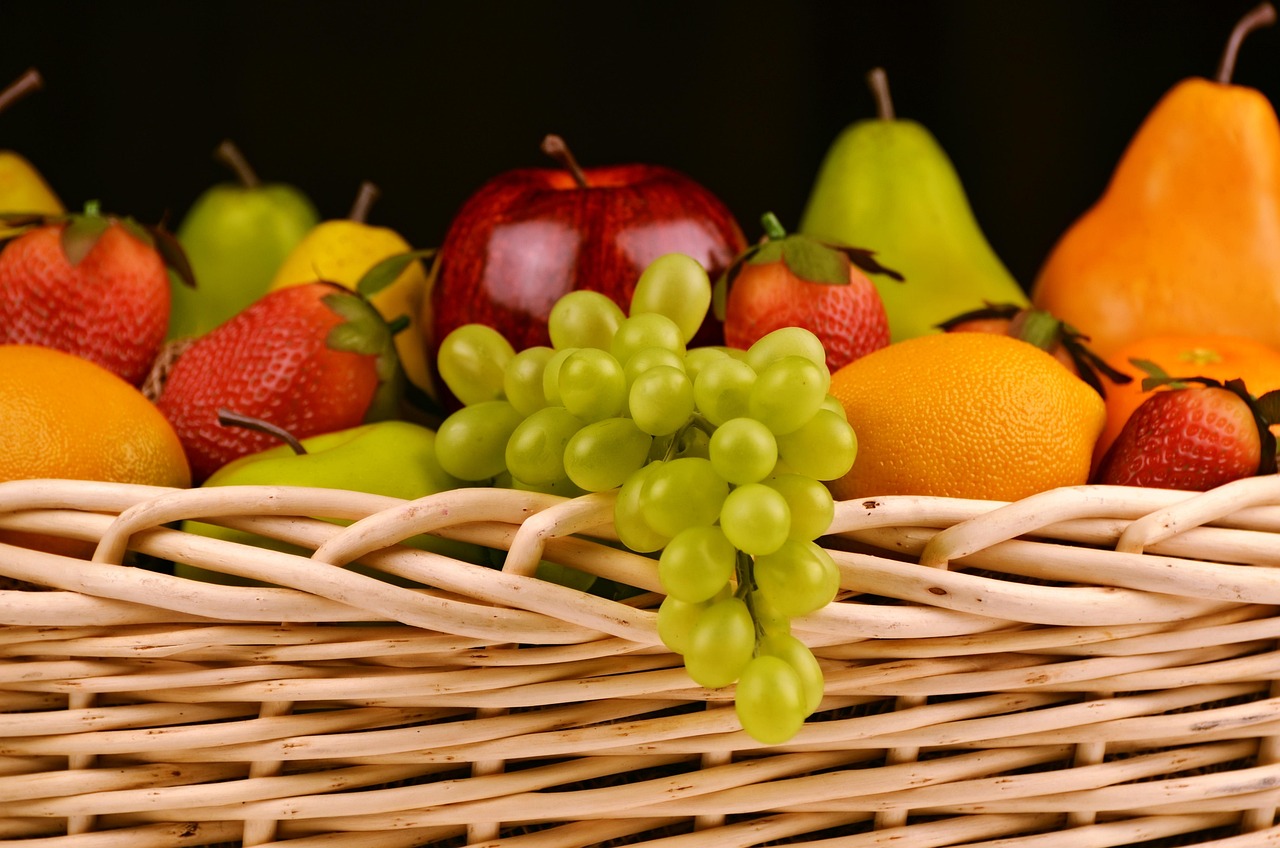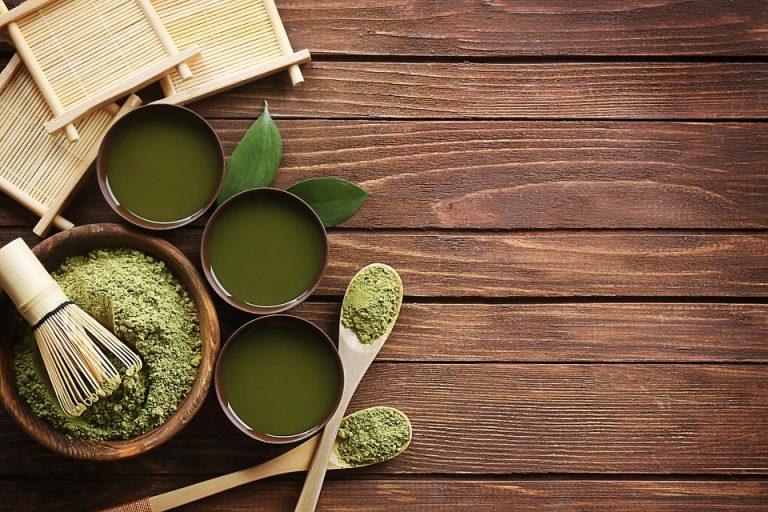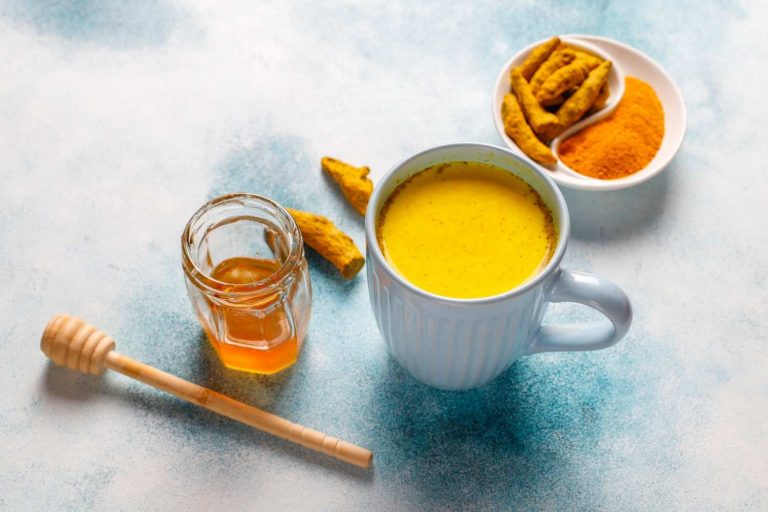Did you know that your liver is one of the hardest-working organs in your body? It processes everything from the food you eat to the medications you take, all while filtering out toxins. If you’ve ever felt sluggish, bloated, or just “off,” your liver might be waving a little flag for help. One of the best ways to support this vital organ? You guessed it—fruits!
In this article, we’ll explore ten fruits that can supercharge your liver detox journey. Not only are these fruits delicious, but they also pack a punch when it comes to liver health.
Contents
1. Grapefruit
Let’s kick things off with grapefruit. This citrus fruit is not just a breakfast staple; it’s a liver detox powerhouse. Grapefruit contains two primary antioxidants, naringenin and naringin, which can help protect the liver from damage and promote its detoxification processes.
Why It Works
Research suggests that grapefruit can enhance the liver’s ability to detoxify itself. In one study, naringenin was shown to help reduce inflammation and fat accumulation in the liver (Huang et al., 2016).
Pros and Cons
Pros:
- Rich in Vitamin C and antioxidants.
- May improve liver enzyme levels.
Cons:
- Can interact with certain medications, so consult your doctor if you’re on medication.
2. Blueberries
Next up, let’s talk about blueberries. These tiny berries are not just a tasty snack; they’re also loaded with antioxidants. They contain anthocyanins, which give them their deep blue color and are excellent for liver health.
Why It Works
Studies have shown that blueberries can help reduce liver inflammation and even lower the risk of liver fibrosis (Ryu et al., 2018). Plus, they’re easy to add to smoothies or salads!
Pros and Cons
Pros:
- High in fiber and Vitamin K.
- Delicious and versatile.
Cons:
- Can be pricey depending on the season.
3. Apples
An apple a day might just keep the doctor away, especially when it comes to liver health. Apples are high in pectin, a type of fiber that helps cleanse and detoxify the liver.
Why It Works
Pectin binds to heavy metals and other toxins, helping to remove them from the body. According to a study published in the Journal of Food Science, apples may also help improve liver function (Bach et al., 2015).
Pros and Cons
Pros:
- Readily available and affordable.
- Great for snacking.
Cons:
- Opt for organic to avoid pesticide residues.
4. Avocado
Okay, I know what you’re thinking—avocado is technically a fruit, but it’s often treated like a vegetable. Regardless, this creamy delight is a fantastic liver ally. Avocados are high in healthy fats and antioxidants.
Why It Works
Research has indicated that avocados can help improve liver enzyme levels and protect the liver from damage (Kelley et al., 2020). They’re also loaded with glutathione, a compound that helps detoxify the liver.
Pros and Cons
Pros:
- Heart-healthy fats.
- Satisfying and versatile.
Cons:
- Higher in calories than other fruits.
5. Lemons
Let’s not underestimate the power of lemons! This zesty fruit is a fantastic detoxifier. Lemons are rich in Vitamin C and citric acid, which can help stimulate liver function.
Why It Works
Lemon juice can enhance the production of bile, a substance that helps digest fats and remove toxins from the body. A study published in the Journal of Clinical Biochemistry and Nutrition found that lemon juice could improve liver function in individuals with fatty liver disease (Nakamura et al., 2017).
Pros and Cons
Pros:
- Great for hydration.
- Can boost your immune system.
Cons:
- Acidic nature may affect dental health, so rinse your mouth after consuming.
6. Papaya
Papaya is another tropical fruit that deserves a spot on this list. It’s packed with enzymes like papain, which aids in digestion and can help your liver function more efficiently.
Why It Works
Papaya’s natural enzymes can help break down toxins and improve overall liver function. Additionally, its high antioxidant content may protect the liver from oxidative stress (Zhang et al., 2019).
Pros and Cons
Pros:
- Aids in digestion.
- High in Vitamin A.
Cons:
- Some people may be allergic to papaya.
7. Watermelon
Watermelon is not just a summer favorite; it’s also incredibly hydrating and beneficial for liver health. This juicy fruit is made up of about 92% water, making it a great choice for hydration.
Why It Works
Watermelon contains citrulline, an amino acid that may help improve blood flow and reduce liver fat. Plus, its high water content helps flush out toxins from the body (Ali et al., 2020).
Pros and Cons
Pros:
- Refreshing and hydrating.
- Low in calories.
Cons:
- Can be high in sugar, so moderation is key.
8. Cranberries
Cranberries aren’t just for Thanksgiving—they’re a fantastic fruit for liver health too! Rich in antioxidants, cranberries can help protect the liver from damage.
Why It Works
Studies have shown that cranberries can improve liver function and lower the risk of liver disease (Huang et al., 2016). They’re also great for urinary tract health, which is a bonus!
Pros and Cons
Pros:
- High in Vitamin C and fiber.
- Can be easily added to smoothies or baked goods.
Cons:
- Look out for added sugars in cranberry juice.
9. Pomegranates
Pomegranates are not just beautiful; they’re also packed with nutrients that can benefit your liver. This fruit is rich in polyphenols, which have been shown to reduce liver inflammation and fat.
Why It Works
Research indicates that pomegranate extract may help protect the liver from damage and improve overall liver function (Amin et al., 2021). Plus, they’re delicious!
Pros and Cons
Pros:
- High in antioxidants.
- Can be eaten raw or juiced.
Cons:
- Seeds can be a bit messy to eat.
10. Oranges
Last but not least, let’s not forget about oranges. These citrus fruits are not only delicious but also rich in Vitamin C, which is essential for liver detoxification.
Why It Works
Oranges can help enhance the detoxification process and improve liver function. A study in the Journal of Nutritional Biochemistry found that citrus fruits can help reduce liver fat accumulation (Srinivasan et al., 2016).
Pros and Cons
Pros:
- Great source of Vitamin C.
- Easy to eat on the go.
Cons:
- Like lemons, they can affect dental health due to acidity.
FAQs
1. How can I incorporate these fruits into my diet?
You can add these fruits to smoothies, salads, or even eat them as snacks. Try mixing them for a colorful fruit salad!
2. Are there any side effects to consuming these fruits?
While most fruits are safe to eat, some may interact with medications or cause allergies. Always consult your healthcare provider if you have concerns.
3. How often should I eat these fruits for liver health?
Incorporating a variety of these fruits into your diet regularly can be beneficial. Aim for at least a serving or two of these fruits daily.
4. Can I rely solely on fruits for liver detox?
While fruits can support liver health, a balanced diet, regular exercise, and hydration are also crucial. Fruits should be part of a holistic approach to wellness.
Conclusion
Supporting your liver doesn’t have to be complicated or boring. By incorporating these ten fruits into your diet, you can help your liver function optimally while enjoying delicious flavors. Remember, though, that liver health is about balance and lifestyle choices. So, alongside these fruits, consider a healthy diet and regular physical activity.
This article is for educational purposes only and is not a substitute for professional medical advice. Always consult a qualified healthcare provider before making changes to your health routine.
References
- Amin, A., et al. (2021). Effects of pomegranate extract on liver function: A systematic review. Journal of Ethnopharmacology. Link
- Ali, A., et al. (2020). Watermelon: An overview of its health benefits. Food Science and Human Wellness. Link
- Bach, K. N., et al. (2015). The role of apples in liver health: A review. Journal of Food Science. Link
- Huang, Y. T., et al. (2016). Naringenin protects against liver damage. Journal of Nutritional Biochemistry. Link
- Kelley, C. A., et al. (2020). Avocado consumption and liver health: A review. Nutrients. Link
- Nakamura, M., et al. (2017). Lemon juice and liver function: A clinical study. Journal of Clinical Biochemistry and Nutrition. Link
- Ryu, H. S., et al. (2018). Blueberry supplementation reduces liver inflammation. Nutrients. Link
- Srinivasan, K., et al. (2016). Citrus fruits and liver fat accumulation: A review. Journal of Nutritional Biochemistry. Link
- Zhang, Y., et al. (2019). Papaya and liver health: A comprehensive review. Food Chemistry. Link
Get Your FREE Natural Health Guide!
Subscribe now and receive our exclusive ebook packed with natural health tips, practical wellness advice, and easy lifestyle changes, delivered straight to your inbox.




